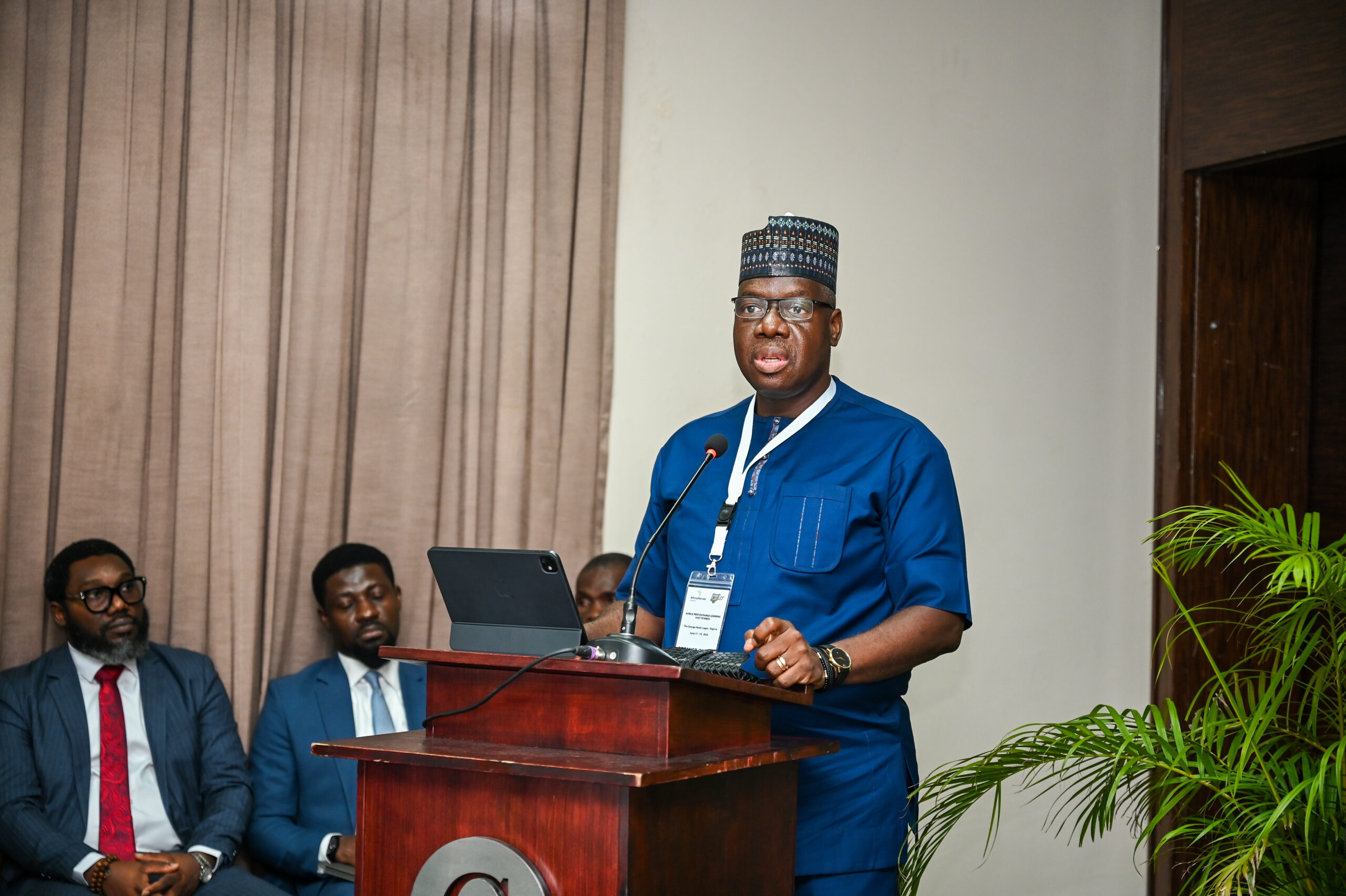Switzerland Leads The Way In Supporting Sustainable Rural Tourism Development In Serbia, Backing Innovative Green Solutions For Agriculture And Tourism - Travel And Tour World
Saturday, June 21, 2025

A notable delegation from Switzerland, alongside officials from the United Nations Development Programme (UNDP), Serbia’s Ministry of Environmental Protection, and the European Union Delegation, recently visited “Gralo,” Serbia’s inaugural estate combining circular rural tourism and agriculture, situated in Divci, close to Valjevo. The visit underscored the estate’s forward-thinking approach to sustainable agriculture and tourism, showcasing how eco-friendly practices are seamlessly integrated into daily operations.
“Gralo” has received significant backing from the Swiss Government through the “EU for the Green Agenda in Serbia” initiative. The funding has played a crucial role in the establishment of a cutting-edge wastewater treatment system, designed to reduce the estate’s environmental impact. This system processes over 3 million liters of wastewater annually, supporting the estate’s agricultural and tourism activities in an environmentally responsible way.
A key aspect of this sustainable operation is the reuse of treated wastewater. At “Gralo,” the water is used to irrigate the estate’s expansive green areas and “energy willows.” These specially cultivated willows are converted into biomass pellets, which are then utilized to heat the estate’s facilities. This circular approach significantly lowers the demand for fresh water, ensuring that local water resources are conserved. Additionally, by moving away from fossil fuels, “Gralo” is helping reduce greenhouse gas emissions, contributing to broader global environmental goals.
Beyond wastewater management, “Gralo” integrates other eco-friendly practices into its farming operations. The estate raises 100 sheep, and the manure they produce is composted to nourish the land, eliminating the need for harmful chemical fertilizers. This natural process not only reduces organic waste but also cuts methane emissions, a potent greenhouse gas. Additionally, this approach enhances soil fertility, promoting healthier, more sustainable agricultural practices.
“Gralo” serves as a leading example for other businesses in Serbia, showcasing the benefits of integrating circular economy principles. Representatives from UNDP encouraged local enterprises to adopt similar sustainable practices, reinforcing the importance of preserving natural resources while fostering growth and development. This call to action highlights the critical role the private sector can play in supporting Serbia’s green transition and advancing environmentally responsible business models.
The wastewater treatment system at “Gralo” is one of 89 projects funded by the “EU for the Green Agenda in Serbia” initiative, which aims to drive Serbia’s sustainable development. The project is backed by the European Union, Serbia’s Ministry of Environmental Protection, Sweden, the European Investment Bank (EIB), along with financial support from the governments of Switzerland, Sweden, and Serbia, promotes green practices in key sectors, including agriculture, tourism, and energy.
This collaboration between international partners and Serbia’s environmental authorities is vital for the success of the country’s green transition. Through funding and technical support, these organizations are enabling businesses and rural estates like “Gralo” to adopt sustainable practices that reduce waste, conserve resources, and ensure long-term environmental sustainability. Furthermore, by highlighting successful projects such as “Gralo,” the initiative aims to inspire other businesses to adopt similar practices, creating a broader shift toward sustainability across Serbia.
“Gralo” stands as a model for sustainable rural tourism and agriculture, demonstrating the significant positive impact of circular economy practices on both the environment and local communities. With its innovative solutions, including wastewater treatment, organic farming, and energy-efficient heating, the estate is actively contributing to Serbia’s green transition. The Swiss Government, the EU, and other international partners are playing a crucial role in helping Serbia move toward a sustainable future. This initiative offers valuable lessons for businesses and communities throughout the country, underlining the importance of resource conservation and sustainability across all sectors.









